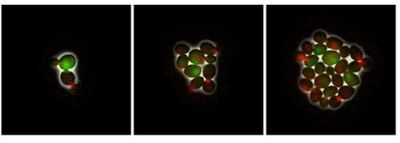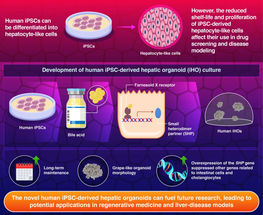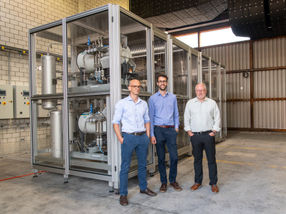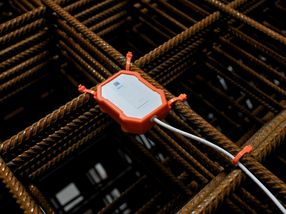Stem cells overcome damage in other cells by exporting mitochondria
A research team has identified a protein that increases the transfer of mitochondria from mesenchymal stem cells to lung cells. In work published in The EMBO Journal, the researchers reveal that the delivery of mitochondria to human lung cells can rejuvenate damaged cells. The migration of mitochondria from stem cells to epithelial cells also helps to repair tissue damage and inflammation linked to asthma-like symptoms in mice.
“Our results show that the movement of mitochondria from stem cells to recipient cells is regulated by the protein Miro1 and is part of a well-directed process,” remarked Anurag Agrawal, Professor at the CSIR-Institute of Genomics and Integrative Biology in Delhi, India, and one of the lead authors of the study. “The introduction of mitochondria into damaged cells has beneficial effects on the health of cells and, in the long term, we believe that mesenchymal stem cells could even be engineered to create more effective therapies for lung disease in humans.”
Earlier work revealed that mitochondria can be transferred between cells through tunneling nanotubes, thread-like structures formed from the plasma membranes of cells that bridge between different types of cells. Stem cells can also use tunneling nanotubes to transfer mitochondria to neighboring cells and the number of these nanotubes increases under conditions of stress.
In the study, the protein Miro1 was shown to regulate the transfer of mitochondria from mesenchymal stem cells to epithelial cells. Stem cells that were engineered to have higher amounts of Miro1 were able to transfer mitochondria more efficiently and were therapeutically more effective when tested in mouse models of airway injury and asthma, compared to untreated cells.
“We hope to determine how this pathway might translate into better stem cell therapies for human disease,” added Agrawal.
Most read news

Get the life science industry in your inbox
By submitting this form you agree that LUMITOS AG will send you the newsletter(s) selected above by email. Your data will not be passed on to third parties. Your data will be stored and processed in accordance with our data protection regulations. LUMITOS may contact you by email for the purpose of advertising or market and opinion surveys. You can revoke your consent at any time without giving reasons to LUMITOS AG, Ernst-Augustin-Str. 2, 12489 Berlin, Germany or by e-mail at revoke@lumitos.com with effect for the future. In addition, each email contains a link to unsubscribe from the corresponding newsletter.
Most read news
More news from our other portals
Last viewed contents
Hyperkalemia

Revolutionary new method can manipulate the shape and packing of DNA - The method opening up exciting new avenues for exploration in molecular biology, nanotechnology, and beyond
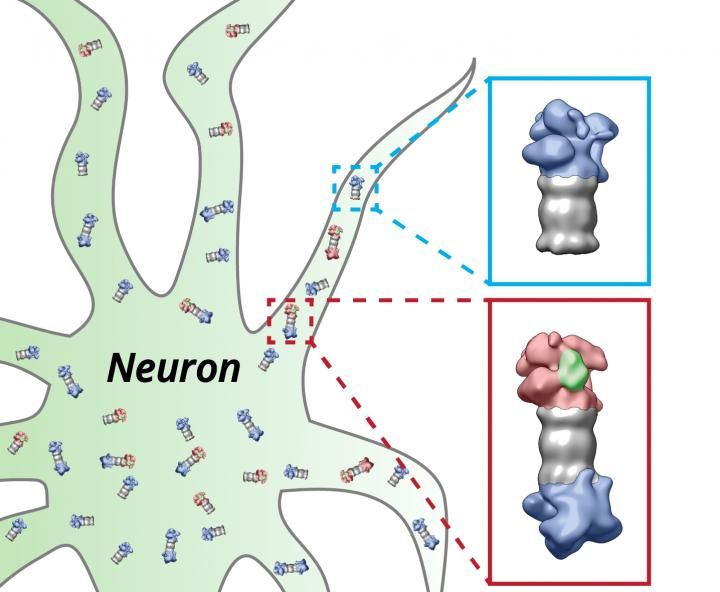
Live broadcast from inside the nerve cell
